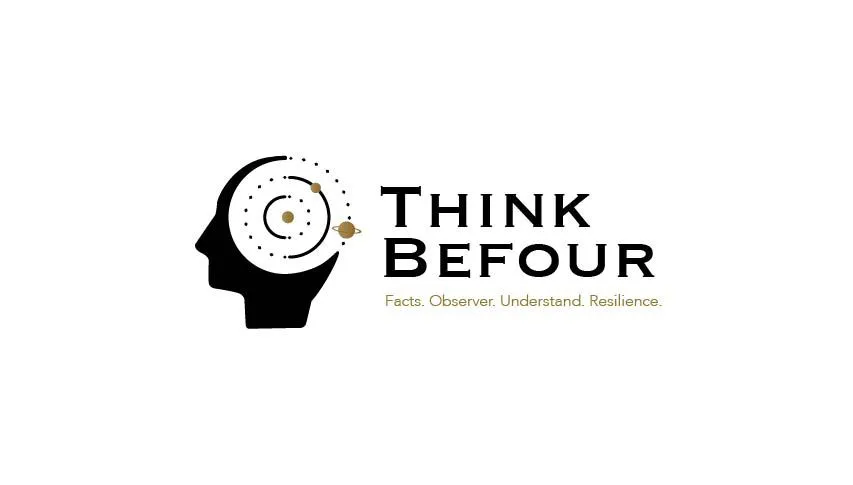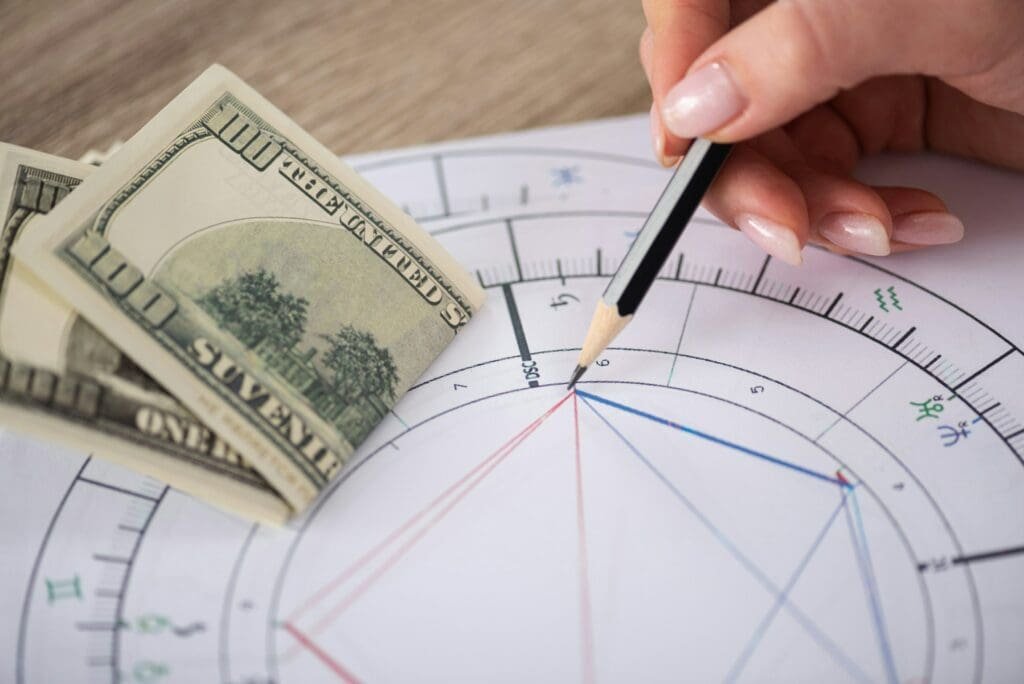
Astrology, which is the ancient practice of analyzing celestial movements to predict events and understand personalities, continues to capture the interest of many people. Surveys conducted in the United States and Europe show that approximately 25% to 30% of individuals believe in astrology.

In 2014, the National Science Foundation surveyed the US and found that around 29% of Americans believe in astrology. Similarly, a 2019 study in the UK reported that about 30% of Britons believe in astrology.
These statistics show that astrology’s appeal is enduring across different regions.
Various factors, including education, cultural background, religious beliefs, and personal experiences, influence belief in astrology.
For some, astrology is a source of entertainment or a tool for self-reflection; for others, it plays a role in decision-making. This diversity of perspectives adds to the intrigue and appeal of astrology.
While astrology enjoys a significant reputation, it has its skeptics. Critics often highlight the lack of scientific evidence supporting its claims.
However, for many, astrology is a valuable tool for seeking guidance, understanding interpersonal dynamics, and exploring personal growth. This acknowledgment of skepticism adds depth to the discussion and respects the diversity of opinions.
In conclusion, while astrology isn’t universally embraced, its enduring popularity and influence in contemporary society are undeniable.
Whether viewed as a source of entertainment or a tool for self-exploration, astrology continues to spark curiosity and intrigue among a significant portion of the population.
Connect with Karan Manchanda
Disclaimer: While astrology can be an intriguing tool, it’s essential to approach it with a critical eye. Remember that even the most experienced astrologers are human and may be subject to error.
